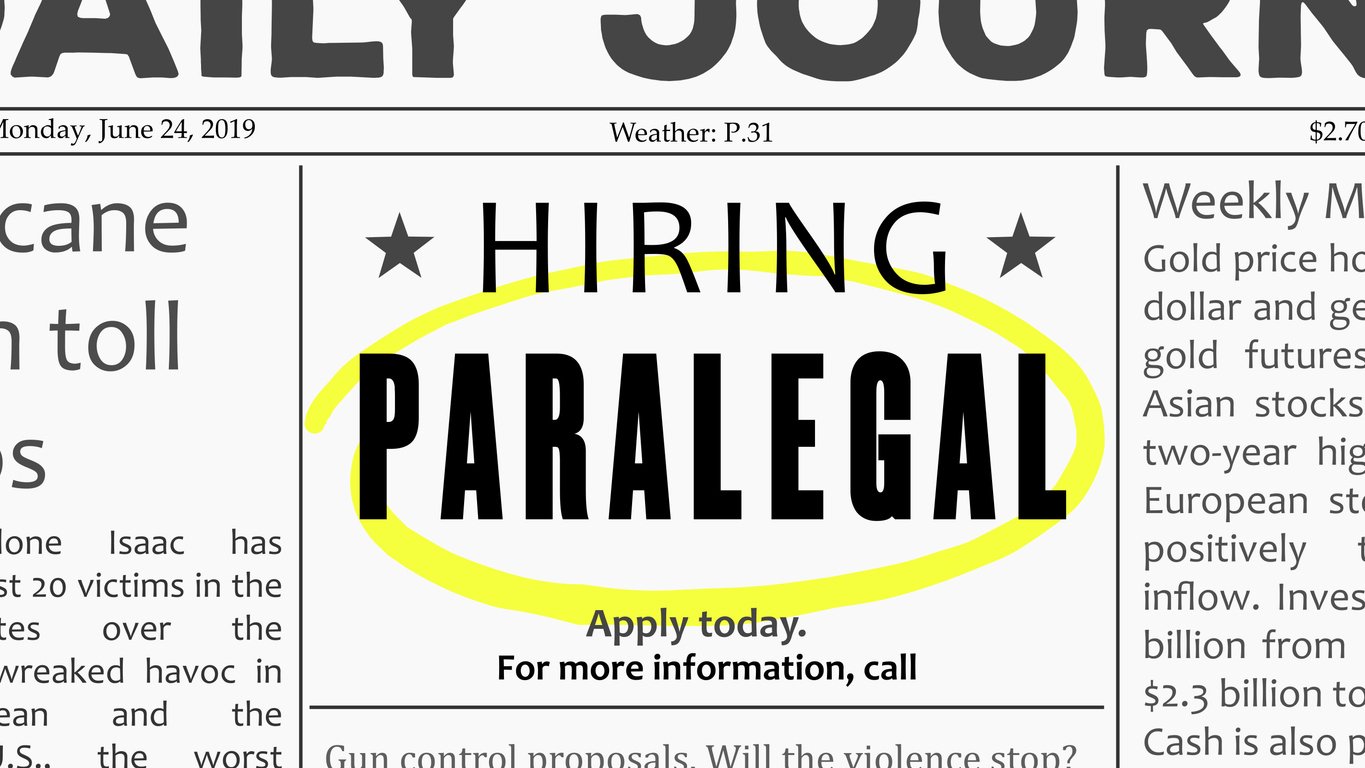Let’s get one thing straight: paralegals are the glue that holds litigation together. As a paralegal, you know you are typically the first to know when discovery deadlines are looming and the last to leave when a production goes out the door. So let’s talk about eDiscovery in a way that gives you the confidence to own your role in it.
Because here’s the truth: no matter your firm size or case type, if your clients use email, text, or Teams (so… all of them), eDiscovery is already part of your world.
What You Need to Know (And Probably Already Do)
You don’t need to become a forensic analyst. But you should know how to:
- Spot when a legal hold is (or should be) in place
- Talk to custodians about where their data lives
- Understand what metadata is and why it matters
- Help draft or review ESI protocols
- Keep things organized as the data flows in and out
Basically, if you’re the point person for coordinating discovery, you’re already doing eDiscovery (you just may not be calling it that).
Why You Matter More Than Ever
At many small and midsize firms, there is no dedicated litigation support team. You are the litigation support team. That means you’re the gatekeeper, the organizer, the wrangler of rogue PST files, and the translator between IT, attorneys, and vendors.
Your voice is critical in shaping how discovery happens. You know the deadlines. You understand the file naming conventions. You’re the one who notices when something’s off in a production.
Confidence Comes from Vocabulary (and a Bit of Practice)
Want to feel more at ease talking about eDiscovery? Here are a few terms to have in your back pocket:
- ESI (Electronically Stored Information): Pretty much anything digital. Emails, texts, Slack messages, cloud docs, etc.
- Metadata: Data about data. Think "who created it, when, and what device they used."
- Legal Hold: A notice to preserve potentially relevant data.
- Native Format: The original digital form a document was created in (e.g., .docx for Word).
- TAR/CAL: Fancy ways of using tech to make reviewing millions of docs slightly less soul-crushing.
Knowing these basics helps you speak the same language as the eDiscovery vendors, attorneys, and opposing counsel.
Final Word: You Belong in the eDiscovery Conversation.
Too often, paralegals are left out of the strategy discussions around discovery. But you have more context than anyone. You’re already tracking deadlines, managing documents, and keeping the chaos at bay.
So speak up. Ask the questions. Join the meet-and-confers. Because when you show up with confidence in your eDiscovery knowledge, you elevate the whole team.
And if all else fails, just remember: half the time, eDiscovery is just glorified file management. And you’ve already mastered that.
Want to learn more? Proteus gives this topic as a CLE. We’d be happy to come to your organization to present and dive deeper.


